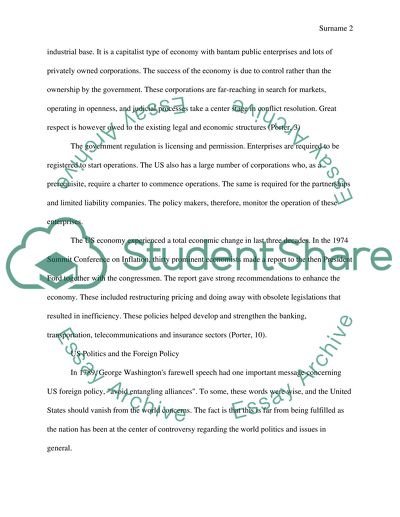Cite this document
(“National Government Essay Example | Topics and Well Written Essays - 2250 words”, n.d.)
Retrieved from https://studentshare.org/social-science/1687358-national-government
Retrieved from https://studentshare.org/social-science/1687358-national-government
(National Government Essay Example | Topics and Well Written Essays - 2250 Words)
https://studentshare.org/social-science/1687358-national-government.
https://studentshare.org/social-science/1687358-national-government.
“National Government Essay Example | Topics and Well Written Essays - 2250 Words”, n.d. https://studentshare.org/social-science/1687358-national-government.


